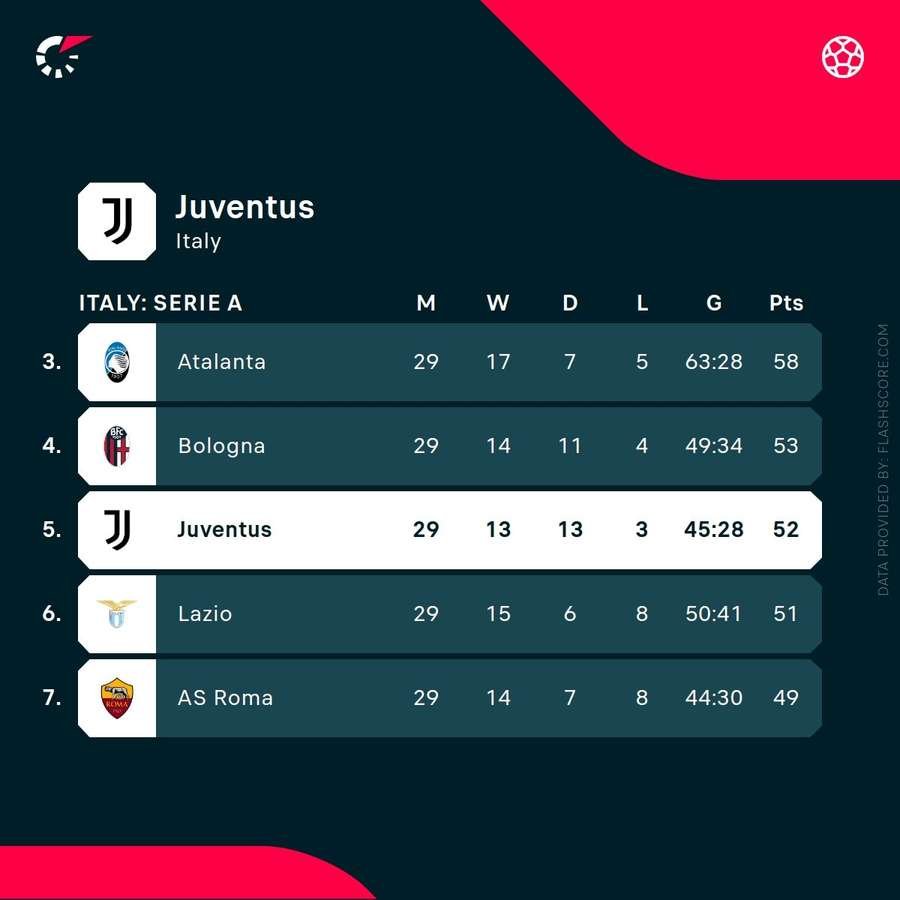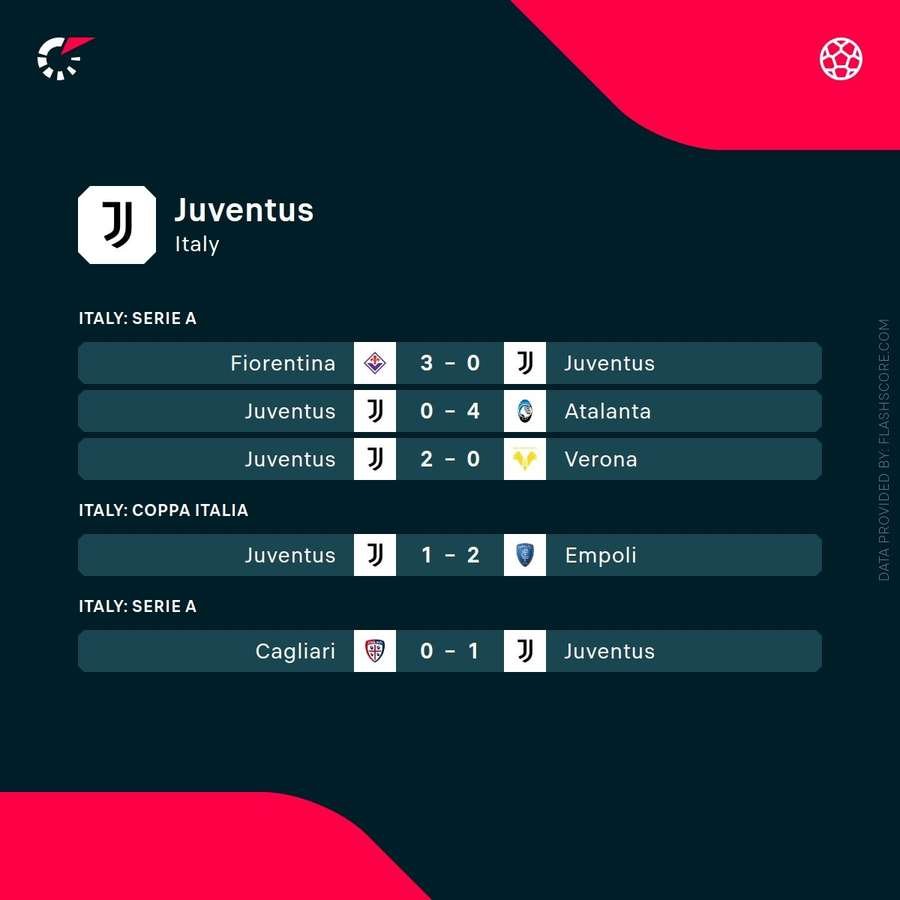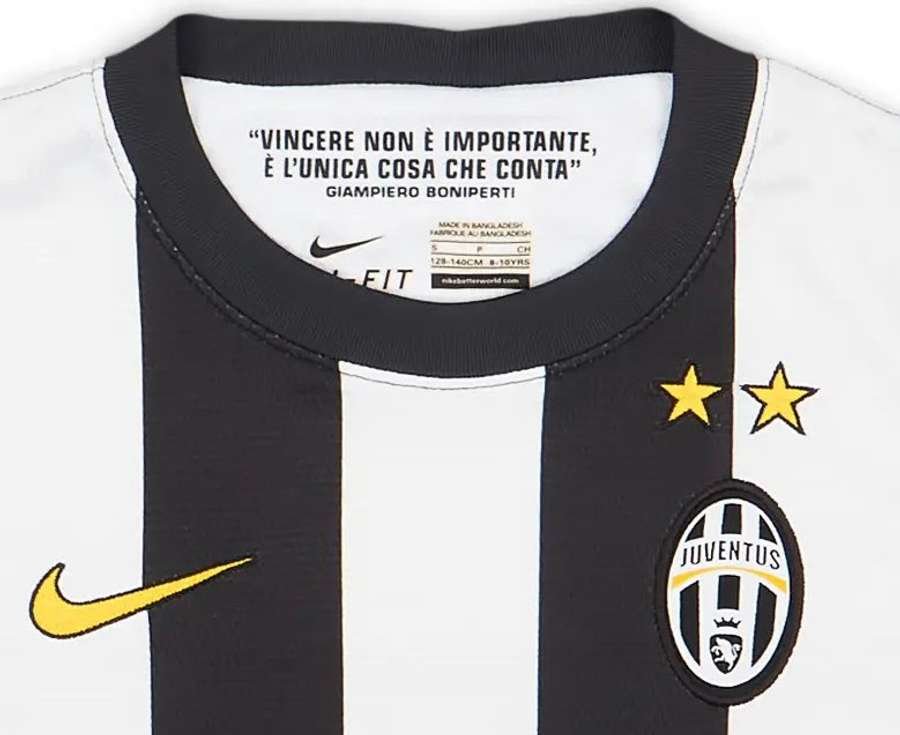Following Thiago Motta’s unsuccessful tenure, Juventus has turned to Igor Tudor, who aims to solidify a fourth-place finish in Serie A to qualify for Champions League football. However, the new manager has another vital goal he is pursuing.
In a nod to the iconic French author Marcel Proust and the title of his celebrated work À la recherche du temps perdu, a significant transformation at Juventus occurred last weekend. The highly regarded Thiago Motta, who earned acclaim for his efforts at Bologna, has been replaced by 46-year-old Tudor until the end of the season.
Currently positioned fifth in Serie A, Juventus must secure a top-four finish to retain their place among Europe’s elite. Failure to do so could necessitate selling key players, including Andrea Cambiaso, who has attracted interest from Manchester City during the winter transfer window, as well as promising academy talent Kenan Yildiz.

Additionally, retaining loaned players such as Francisco Conceicao, Renato Veiga, and Randal Kolo Muani could prove challenging, even if their futures with the club remain uncertain.
Reclaiming the Identity
Tudor’s task extends beyond technical tactics, results, and financial considerations. He is also charged with a less tangible yet equally crucial aim: restoring the identity that Motta failed to instil in this young squad.
This challenge has been compounded by the departure of key figures who contributed to the team’s stability in recent months, including Wojciech Szczęsny and former captain Danilo.

The Juventus identity is a core value that has transcended various eras, allowing the club to remain Italy’s most decorated football institution.
This identity is encapsulated in two well-known phrases: ‘winning isn’t everything, it’s the only thing that matters’, coined by former president Giampiero Boniperti and emblazoned on Bianconeri jerseys, and ‘until the end’, a phrase that has become a beloved hashtag on social media.

While the first phrase invites scrutiny and ethical debate, particularly in contrast to the Olympic ethos of participation, the second encapsulates the relentless spirit that Juventus has historically embodied. However, that spirit has been notably absent this season.
The identity of Juventus has always been that of a noble team, ready to compete with humility and camaraderie, achieving victories through grit, character, and persistence.
Cycles of History
As philosopher Giambattista Vico suggested in his concept of ‘historical cycles and recurrences’, history tends to repeat itself. Juventus finds itself at a crossroads, having strayed from its natural philosophy and paid the price, much like during the 1990-91 season.
Back then, after Luca Cordero di Montezemolo took charge post-1990 World Cup, the club opted for a revolutionary yet ineffective approach when they appointed Gigi Maifredi, following Dino Zoff’s success. This decision resulted in a disastrous seventh-place finish, breaking Juventus’ tradition of European competition qualification.
A Legacy of Winning
While a focus on visually appealing football hasn’t always equated to success at Juventus, it doesn’t preclude the possibility of delivering both entertainment and victories. They may have adopted more conservative styles under Massimiliano Allegri or Antonio Conte, but the club has also achieved success with attacking football.
A prime example of this is the exceptional football played under Marcello Lippi, who coached Juventus from 1994 and led the club to Champions League triumph in the 1995/96 season, alongside three consecutive finals appearances thereafter. This dominant squad combined technical brilliance with a determined spirit, featuring stars like Alessandro Del Piero, Gianluca Vialli, Roberto Baggio, and Zinedine Zidane.
Reflecting on that era, Lippi stated, ‘In that team, there were a few stars and many champions. Champions aren’t just defined by their skills on the field but also by their attitudes, professionalism, and unity of purpose.’
Restoring the Spirit
Having played at Juventus from 1998 to 2007 and experienced the closing chapters of Lippi’s era, Tudor is uniquely equipped to reestablish the club’s spirit. Known for his fiery nature and unwavering resolve, he has faced challenging situations with club legends in the past; notably with Mauro Camoranesi and Andrea Pirlo.
Tudor now stands alone at the helm, returning to familiar surroundings with a significant opportunity ahead. If he can instil the fighting mentality of past Juventus teams into the current roster, he could earn lasting recognition and perhaps secure a permanent position beyond this season.
He is acutely aware of the mission to rekindle that essence; during his press introduction, he shared personal anecdotes about the humility displayed by champions like Zidane and Del Piero during their time at the club.
Growing Together
On a more practical level, Tudor must revitalise the careers of players whose potential has not yet been realised, such as Dusan Vlahovic, who may face a future without contract renewal, and Teun Koopmeiners, earmarked as the centrepiece of the new project.
Additionally, he must find the right positions for Nico Gonzalez, who struggled under Motta, and Yildiz, who also suffered from positional confusion, as well as Douglas Luiz, the team’s enigmatic summer signing worth €50 million, who has seen limited action.
Tudor is adept at addressing challenges, and he must apply this skill over the upcoming months. Juventus’s ambition of finishing in Serie A’s top four is paramount, but this season will also serve as a crucial chapter in Tudor’s coaching career—a remarkable opportunity to carve out his legacy on one of Europe’s most prestigious stages.
Compiled by SportArena.com.au.
Fanpage: SportArena.com.au.
LiveScore – Live Sports Results & Odds.




